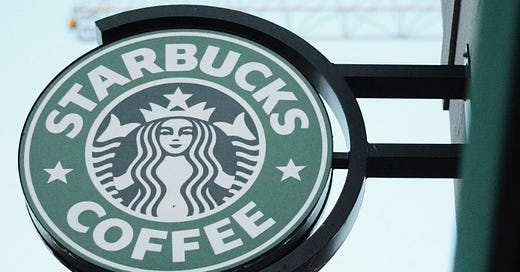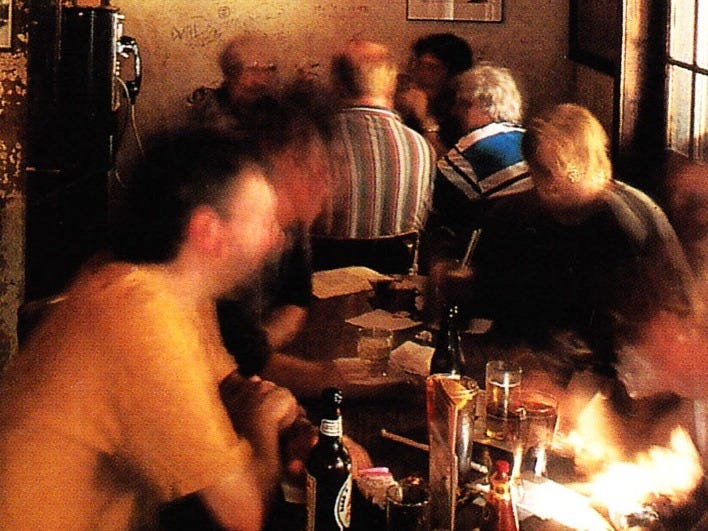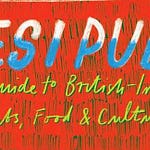It’s no surprise that the timing of the US Thanksgiving Day is based on maximizing Christmas holiday spending, even though it’s ostensibly a harvest festival. The Canadian Thanksgiving is in October, harvest season, where here in New England where the Pilgrims and Indians celebrated, it’s said, the first shared Thanksgiving feast, harvest is long past and snow is on the ground. And holiday shopping is underway.
This makes my interview with historian Bryant Simon timely. While our focus was Starbucks’s long-standing claim to provide us with third places, Bryant’s book Everything but the Coffee puts the Starbucks story into historical context.
As he tells it, the Starbucks story is also our story, the story of human aspirations and fears, illusions and delusions. It tells us about the limits of American influence, and about the way we’ve taken comfort in green-washing instead of tackling environmental issues head-on. It’s the story of how a corporation can build its brand on the mere idea of community and sociability. “Starbucks has come to own our expectation of what a coffee shop is. What I would argue is that Starbucks, in distorting the notion of third place, made it even harder for us to find…. When we're arguing over whether a Starbucks store is a third place, when that's the argument, we've lost.”
You’ll also see a transcript of our 30-minute conversation (I am very keen on transcripts, you see, even when they are AI-imperfect). Black Friday seems to run for a week now, so here are a few lines from Everything but the Coffee to explain just how much there is to learn about “retail therapy” and consumerism in the wealthy developed world:
Starbucks epitomizes and typifies how Americans [and people in many other countries] encounter the marketplace and each other. It is Starbucks' ordinariness, this book argues, that matters. The company's headline-grabbing fame and profitability sprang from broad-based social changes experienced by tens of millions of Americans and from the spread of buying into nearly every corner of daily life, abetted by the steady and alarming shrinking of the public sphere. In a sense, Starbucks is us, the product of large powerful social forces combined with millions of mundane and prosaic choices. But if it is us, that's something we need to think hard about. Is this who we want to be and how we want to live?
Bryant Simon is a historian and professor at Temple University in Philadelphia. He has published books about fast food, southern politics, and public spaces, and is working on a book about the demise of public restrooms in the United States. Read more about him.
Pull up a chair - if you can find one
A couple weeks ago I met a friend at an Au Bon Pain in New York City and was stunned to see only stools at high counters along the windows, no tables. It was, however, exactly what I’d been talking t…




















Share this post